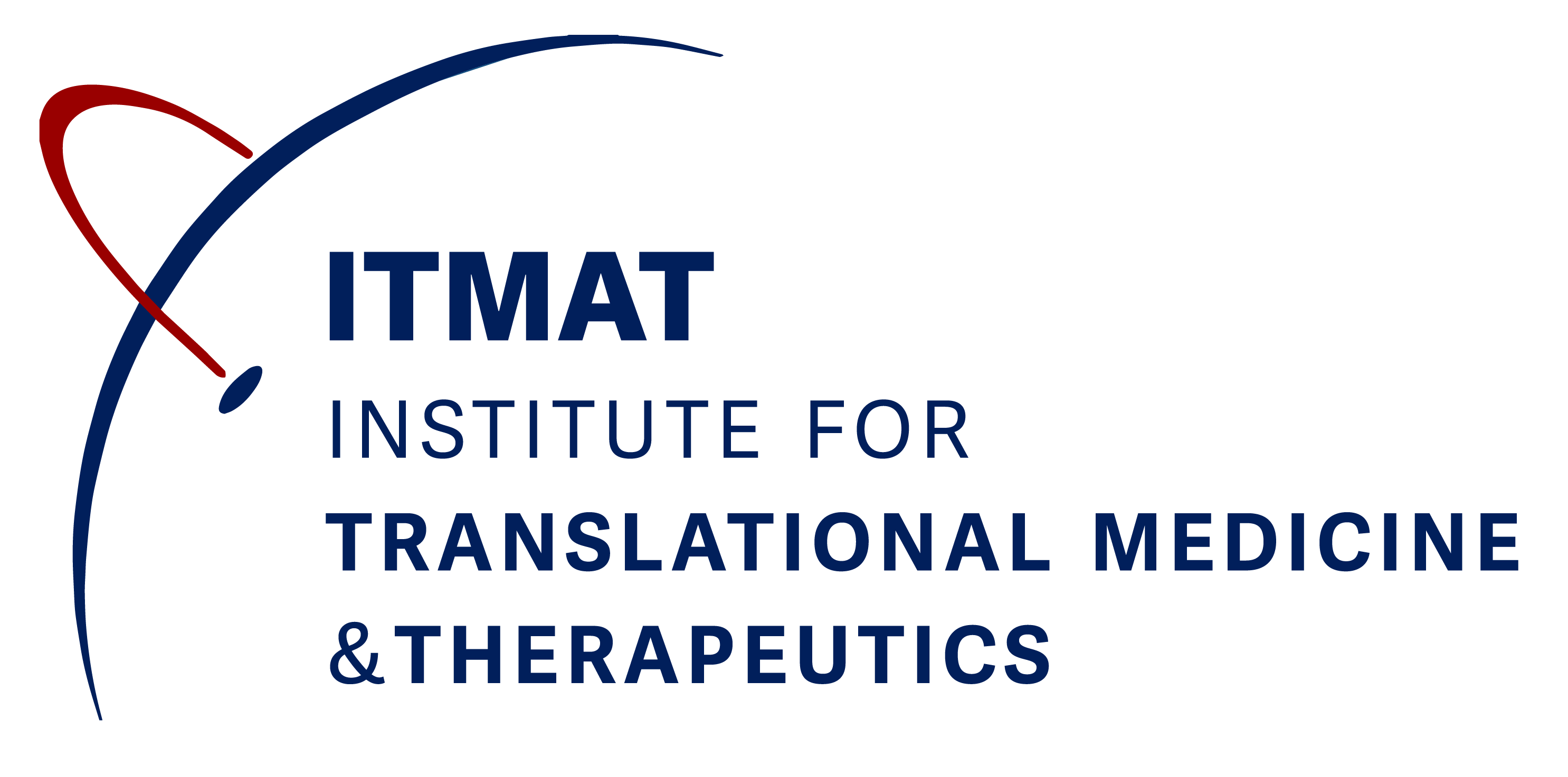Research
Currently, we are interested in several aspects of prostanoid research. We utilize a remarkably broad array of mutant mice to elucidate the biology of the two COX enzymes and the prostanoid receptors. Amongst the topics of interest are how the bidirectional interaction of NSAIDs with the microbiome might modulate drug efficacy and toxicity; why we have two COX enzymes and novel insights into their regulation; the role of PGD2 in muscle function and in aging; mechanisms that may underlie the time dependent response aspirin on blood pressure and elucidating both the opportunity and cardiovascular risk of combining checkpoint blockade with suppression of PGE2 action in cancer. We have programs designed to evaluate macrophage targeting of mPGES-1 and FP antagonism. Finally, we are involved in the interdisciplinary PENTACON consortium designed to integrate basic and clinical research in 5 systems – yeast, mammalian cells, fish, mice and humans (both in detail and at scale) – with the objective of predicting NSAID efficacy and cardiovascular hazard in patients.
In clock biology, we are probing the role of the clock in aging in mice and humans. We wish to characterize the basal and evoked physiological chronobiome in humans “in the wild” as a prelude to mechanistic interrogation of time dependent disease phenotypes. We continue to use model systems, especially mice, to determine the role of clocks in obesity, cardiovascular function and in modelling the microbiome.


